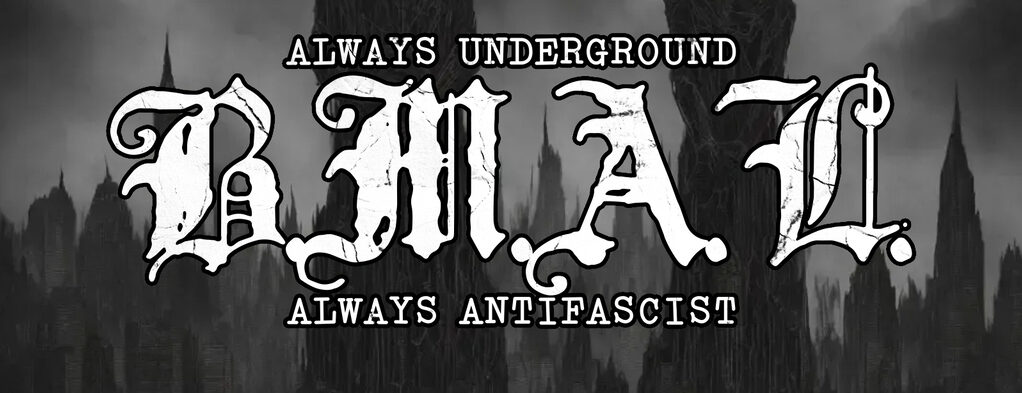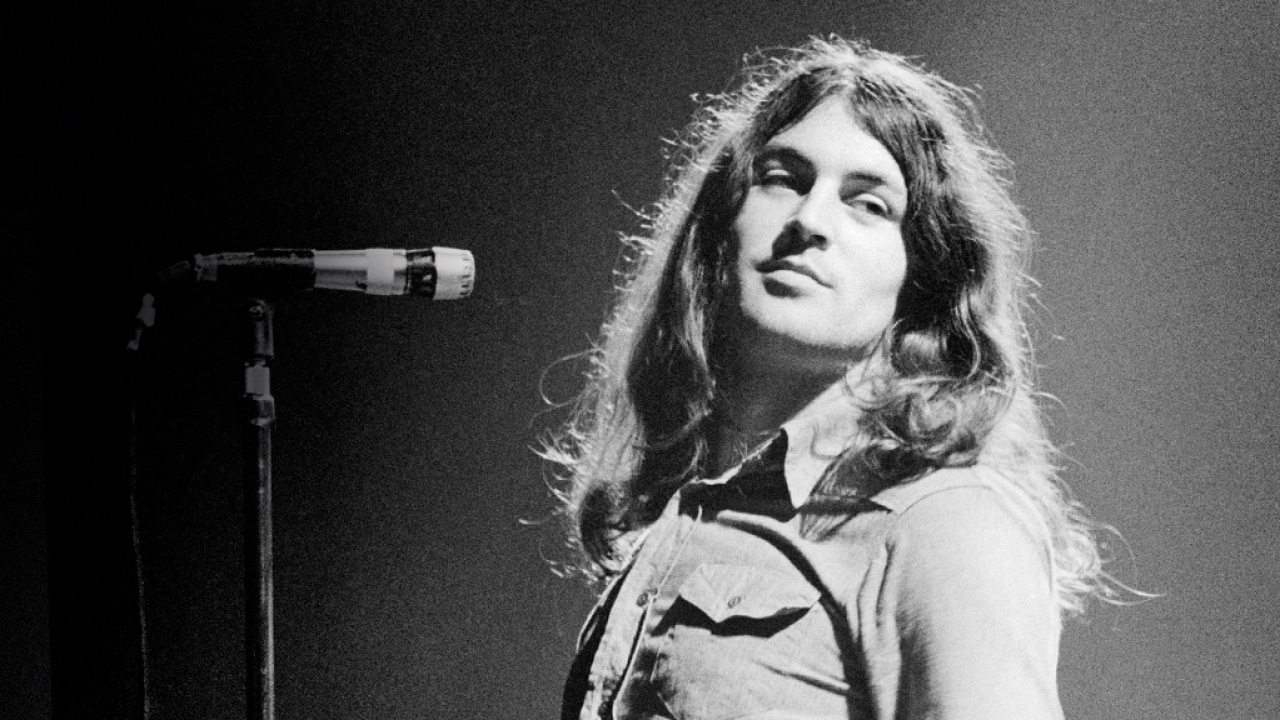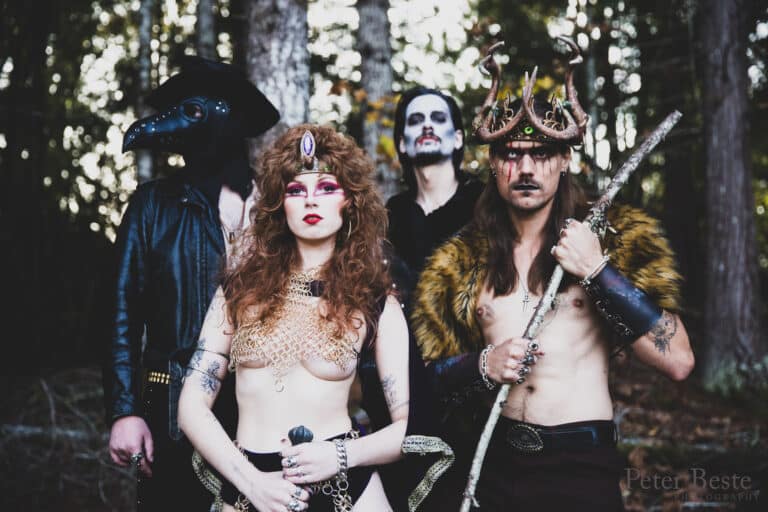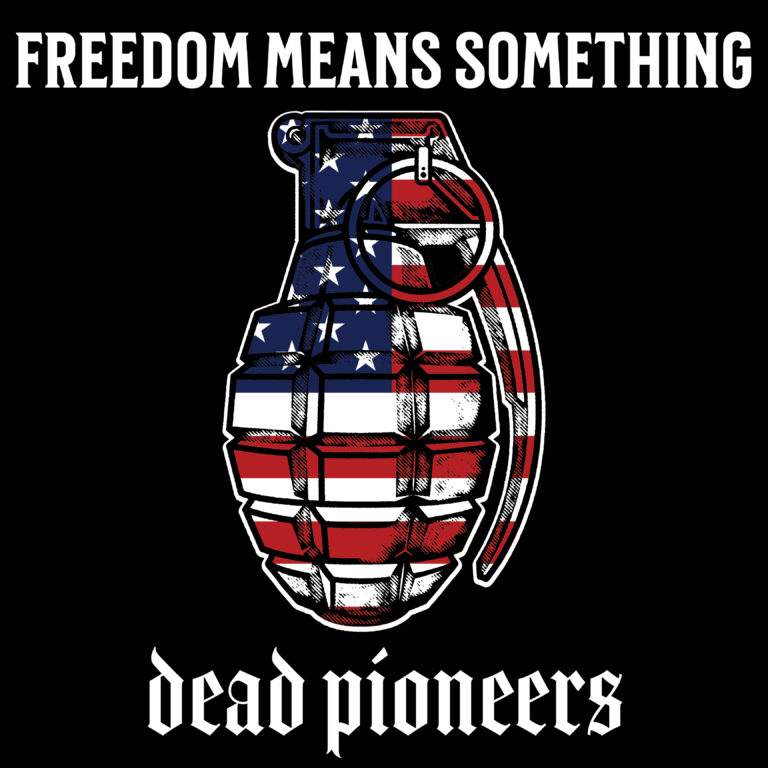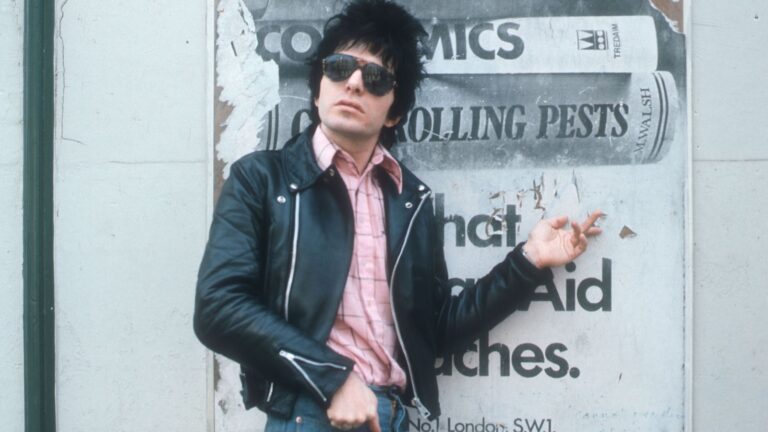Deep Purple are one of the most important bands of all time. Their unmistakable sound has left its mark across both rock and heavy metal, influencing fellow musicians the world over ever since they parted ways with original vocalist, Ron Evans, in 1969, hired Ian Gillan, and proceeded to release the groundbreaking In Rock in 1970.
Even though Ian Gillan’s first tenure with the band only lasted four years and four albums, the material that Deep Purple put out during this period was second to none. They followed up In Rock with Fireball, then the seminal Machine Head, and closed out their time together with Who Do We Think We Are? and though the final album might not have been on par with the previous releases, the likes of Women From Tokyo and Place In Line still make it an essential must-have for any fan of classic rock.
And yet, I feel, that Ian Gillan doesn’t fully get the respect he deserves.
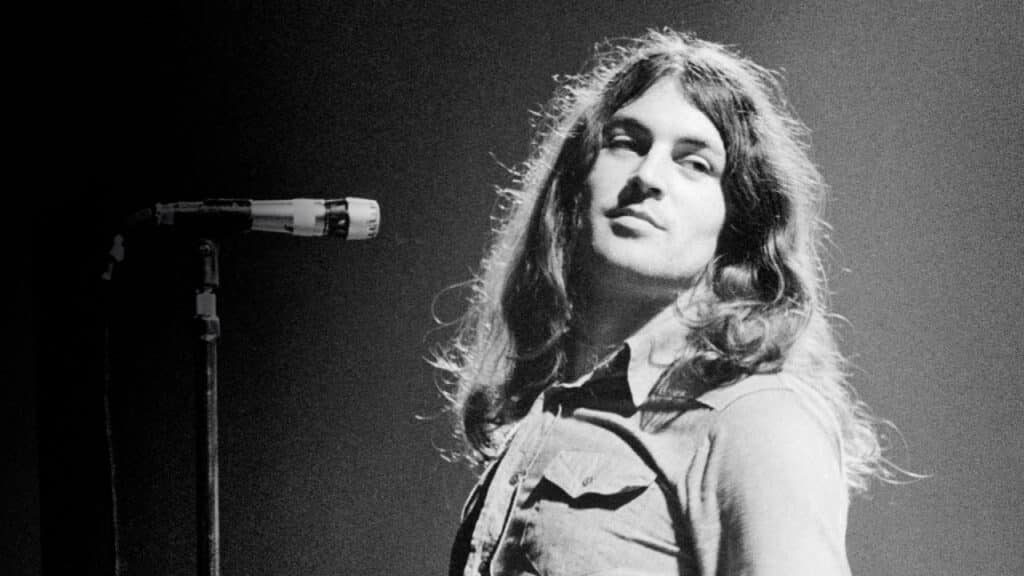
Whenever the discussion of the greatest singer of all time crops up, I find that unless you’re talking to fellow Deep Purple fans, Ian Gillan hardly ever gets mentioned.
So, why? What keeps other rock and metalheads from acknowledging one of the voices of a generation?
It could be because of the band he was in. Let’s be honest here, Deep Purple was Ritchie Blackmore’s baby – up to the point that he decided that he’d had enough and buggered off to form Rainbow – and it’s usually Blackmore’s playing that takes center stage when people discuss Deep Purple. And rightly so… to a degree.
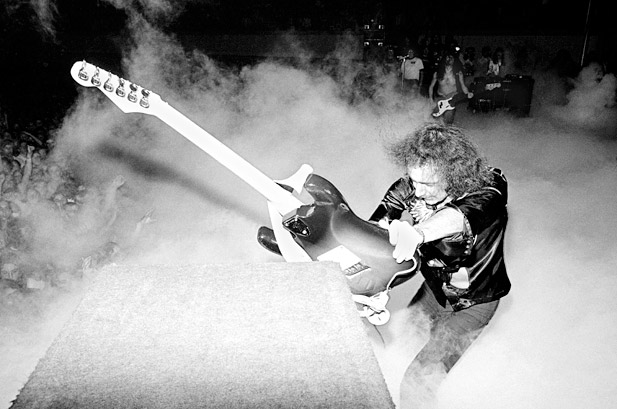
Blackmore could do things with an electric guitar that would literally take your breath away, and no matter how fantastic a vocalist Ian Gillan was, he was always going to be playing second fiddle. It also doesn’t help that he was in a musician’s band. It’s not just other guitar players that admire Deep Purple. Drummers, Bass Players, Keyboardists, all look at the band with a musician’s eye, meaning that Ian Gillan is suddenly the fifth man in a five-piece.
Again, this is understandable as Pace, Glover, and Lord are masters of their instruments, but it’s not as if Ian Gillan just showed up and stood there.
Whenever the best vocalist conversation starts, people usually throw out Robert Plant and Ronnie James Dio as examples or contemporaries like Alice In Chains Layne Staley and Creed’s Scott Stapp – alright, put the pitchforks and flaming torches away, that last one was a joke – and even though they’re all amazing singers – except for Stapp who couldn’t carry a tune in a bucket – for me, the fact that Ian Gillan is hardly ever mentioned when discussing the GOAT is a crime.
He had a four to five-octave range and knew how to use it. He could be bluesy and soulful when it was required, or vicious and violent if needs be, normally within the same song. In his prime, there was nobody that could touch him live, and he would stand with a finger in one ear and hit every note pitch perfect, performing vocal gymnastics that would make other singers green with envy.
Ian Gillan was a vocal god and should be respected as such.
Still not convinced? Go onto YouTube and watch the live rendition of Child In Time and if that doesn’t change your mind, then nothing ever will.
